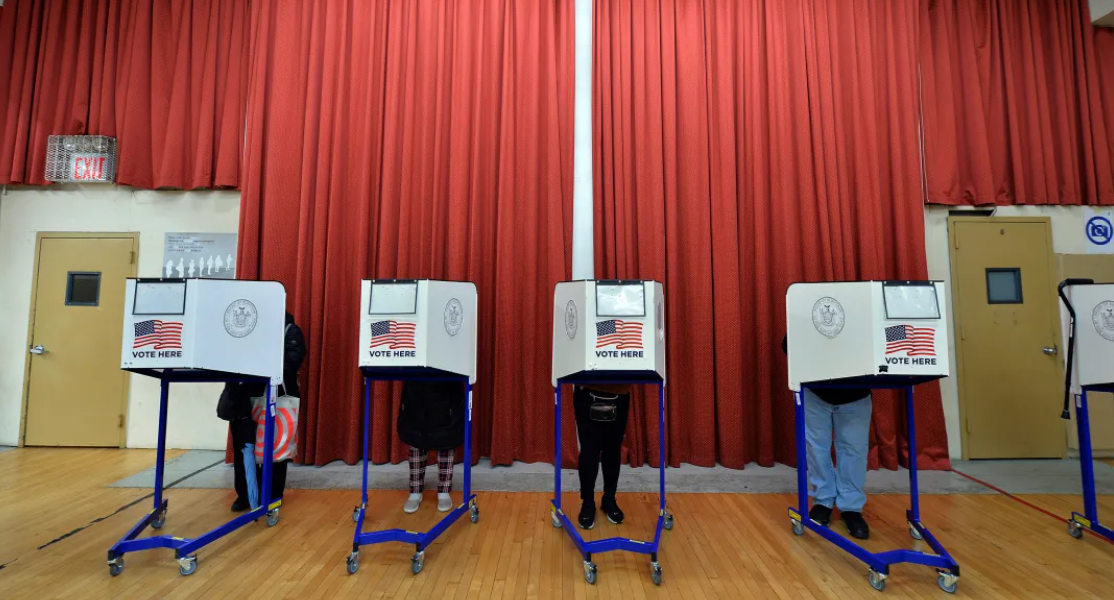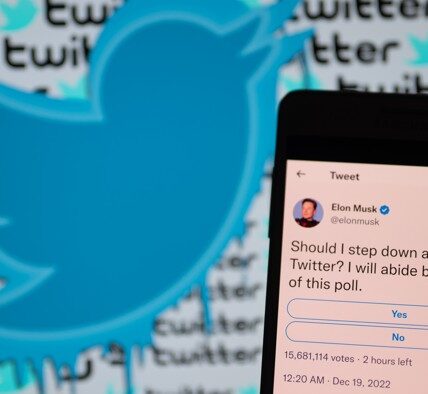As the countdown to the next presidential election is well and truly on, states across the US are gearing up for an epic battle against the rising tide of AI manipulation, particularly deepfakes.
Recently, Indiana and New Mexico made headlines by signing new legislation into law, marking a significant step forward in regulating AI deepfakes in campaign communications.
According to Public Citizen, a non-profit consumer advocacy organisation, a staggering 38 US states have introduced bills aimed at regulating deepfakes. This widespread legislative activity reflects the widespread concern over the proliferation of AI manipulation in the political arena.

States Take the Lead
While the federal government has been criticised for its perceived sluggishness in enacting comprehensive deepfake legislation, states have been quick to fill the regulatory void. Lawmakers across the country are demonstrating a remarkable commitment to confronting the challenges of AI technology, particularly its potential to manipulate elections.
A recent incident in New Hampshire exemplifies this danger. Thousands received AI-generated robocalls impersonating President Joe Biden, urging them not to vote. This prompted the state to advance a bill that would require disclosure when deceptive AI is used in political advertising.
Multiple other states are leading the charge with groundbreaking legislation aimed at thwarting deepfake threats. Texas was one of the first to take a bold stand with laws criminalising the creation and dissemination of videos intended to sway elections, while Minnesota is tackling both the insidious world of deepfake pornography and political manipulation. These are just a few examples of groundbreaking state-led efforts.
Tennessee also enacted a ground-breaking law, the Ensuring Likeness Voice and Image Security (ELVIS) Act, which takes effect on 1 July 2024. This legislation is the first of its kind in the nation to explicitly protect a person’s voice as a form of intellectual property. The ELVIS Act broadly defines “voice” to encompass both an individual’s natural voice and any simulated versions.

However, some laws struggle to keep pace. Some focus solely on deepfake porn, leaving a gaping loophole for political manipulation. Additionally, anonymous creators operating on global platforms with constantly evolving tactics make enforcement difficult.
Collaboration is key to safeguard democracy. Federal and state governments must work together on comprehensive strategies, including strong legislation, investment in AI detection tools, and public education campaigns to empower citizens to identify manipulation.
The 2024 election looms large. Prioritizing AI and deepfake regulation isn’t just about keeping pace with technology; it’s about protecting the very foundations of democracy by ensuring free and fair elections.


























































































































































































































































































